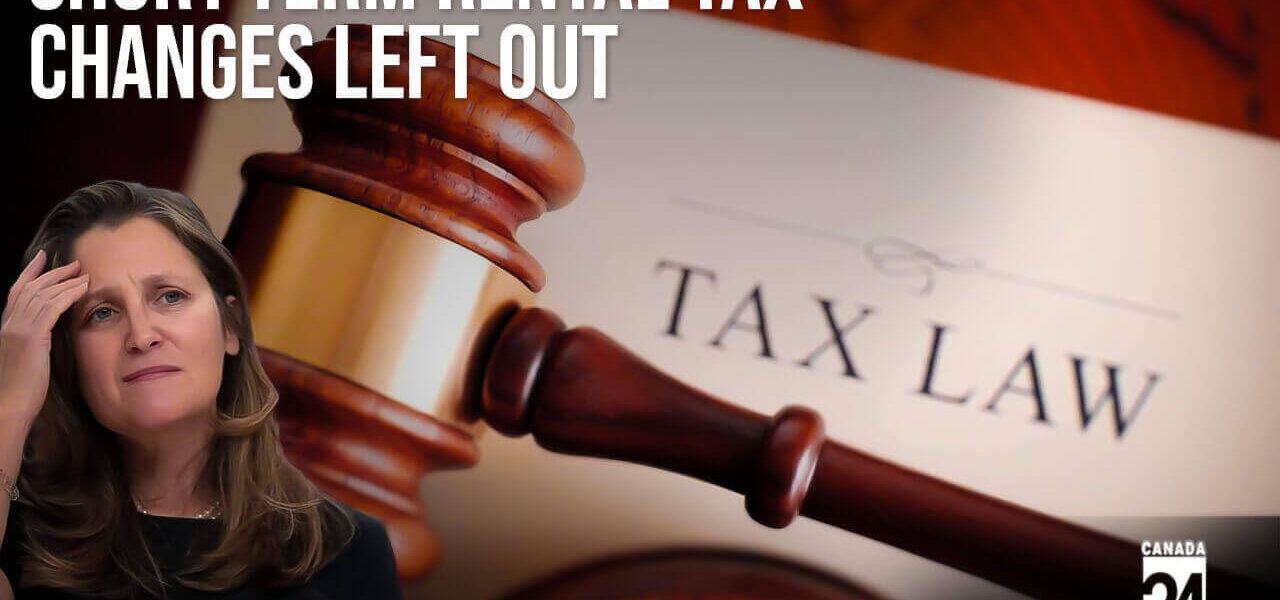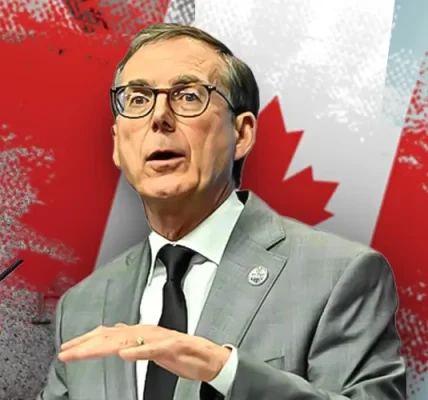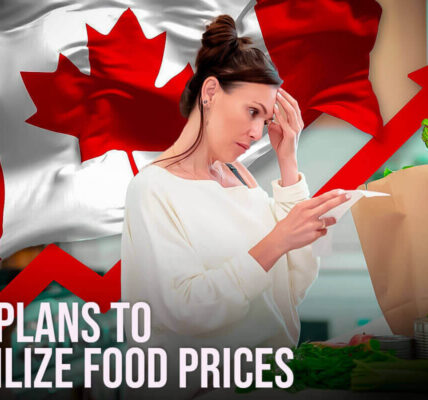Short-Term Rental Tax Changes Left Out Of Freeland’s Bill To Implement Fiscal Update Measures, Here’s Why
The senior Liberal cabinet minister introduced a notice of a “ways and means motion” in the House of Commons on Tuesday, providing a sneak peek at the contents of the bill.
The government’s whole legislative and tax strategy is laid out in this 527-page motion, which will be included in the “Fall Economic Statement Implementation Act, 2023” bill, which is scheduled to be introduced by MPs on Wednesday.
The following are some of the promises and economic policies that this measure aims to implement:
- Extending the provisions of Bill C-56 to update Canada’s Competition Act and the Competition Tribunal Act given the rivalry and price rises in the grocery industry;
- Infrastructure Canada, establish the new Department of Housing, Infrastructure, and Communities;
- extending Bill C-56, the “affordable housing and groceries” bill, which stipulates that cooperative housing will be eligible for a 100% rental refund off the GST paid on newly constructed rental housing;
- introducing a new paid pregnancy loss leave benefit for federally regulated workers, as well as a 15-week shareable Employment Insurance adoption benefit;
- putting in place a range of tax credits for investments in clean technology and carbon capture;
- eliminating the GST/HST on services related to counseling and psychotherapy; and
- putting together a “tobacco cost recovery framework.”
Additionally, the bill will carry out Trudeau’s pre-fall fiscal update pledge to increase the pollution price rebate’s rural top-up from 10% to 20%.
This increase in the Climate Action Incentive Payment is intended to help Canadians who live in small and rural communities and pay more for energy. It will take effect in April 2024.
Speaking to Canadians in private and without attribution, senior government sources affirmed that the law will also seek to implement policies that were initially promised in the spring 2023 federal budget but have not yet been implemented.
One instance of this is the “Digital Services Tax,” which is being implemented in Canada to make sure digital businesses “pay their fair share of taxes” if an international agreement is not reached.
Freeland has intended to advance a domestic plan as of January 1, 2024, with the window closing for a global agreement to materialize by the end of 2023, even though this move will still require a cabinet order to see it come into effect.
CHANGES IN SHORT-TERM RENTAL LEFT OUT
Legislation to carry out Freeland’s promised crackdown on income tax deductions related to short-term rentals, like Airbnb and VRBO properties operating in regions with restrictions, is one significant promise from her economic update that is absent from this package. The goal is to increase the supply of long-term rentals across the country.
Officials stated on Tuesday that although this measure will necessitate adjustments to tax laws, the suggested modifications about short-term stays are not part of this plan. When asked why, officials said that before a bill is introduced, it is customary to spend some time to consult on any tax changes that might not be simple.
The officials recommended that although these regulations about short-term rentals are scheduled to take effect in the 2024 tax year, legislation might still be advanced and implemented before the affected parties file their tax returns for that year.
Housing Minister Sean Fraser used the Tuesday press conference to extol the promise and the “remarkable degree of success” other jurisdictions have had “very quickly” after enacting similar reforms to the short-term rental rules, even in the absence of this legislation.
“There are things we can do in the short-term to unlock supply that exists today,” Fraser told reporters. “New York is one of the leading examples globally where they had 22,000 units on the market and a little more than a month later, after they put new measures in place, 19,000 of those 22,000 found their way onto the market for families to rent.”
MPS CALLS FOR BILL TO BE PASSED SOON
Although a law this comprehensive can be by definition categorized as an omnibus, the Liberals have continuously denied that their budget legislation is omnibus, pointing to their primary economic subject and purpose.
This development occurred one week after Freeland promised to pursue policies to “make life more affordable… and build an economy that works for everyone” in addition to presenting Canadians with an updated fiscal picture that featured a $40 billion deficit and fresh commitments for fiscal restraint.
Less than three sitting weeks remain before Members adjourn for a month-long holiday break. The Liberals will be under pressure to swiftly adopt this measure to begin implementing what they have promised.
Speaking about the bill, Francois-Philippe Champagne, Minister of Innovation, Science, and Industry, stated that the Liberals will exert pressure “to ensure these changes are adopted expeditiously.”
However, the head of the Conservative Party, Pierre Poilievre, stated the day the fiscal report was submitted that it could be summed up as “prices up, rent up, debt up, taxes up, and time is up.” The Conservatives have already signaled that they will vote against Freeland’s most recent economic package. Conservatives with common sense will vote against this repulsive plan.”





